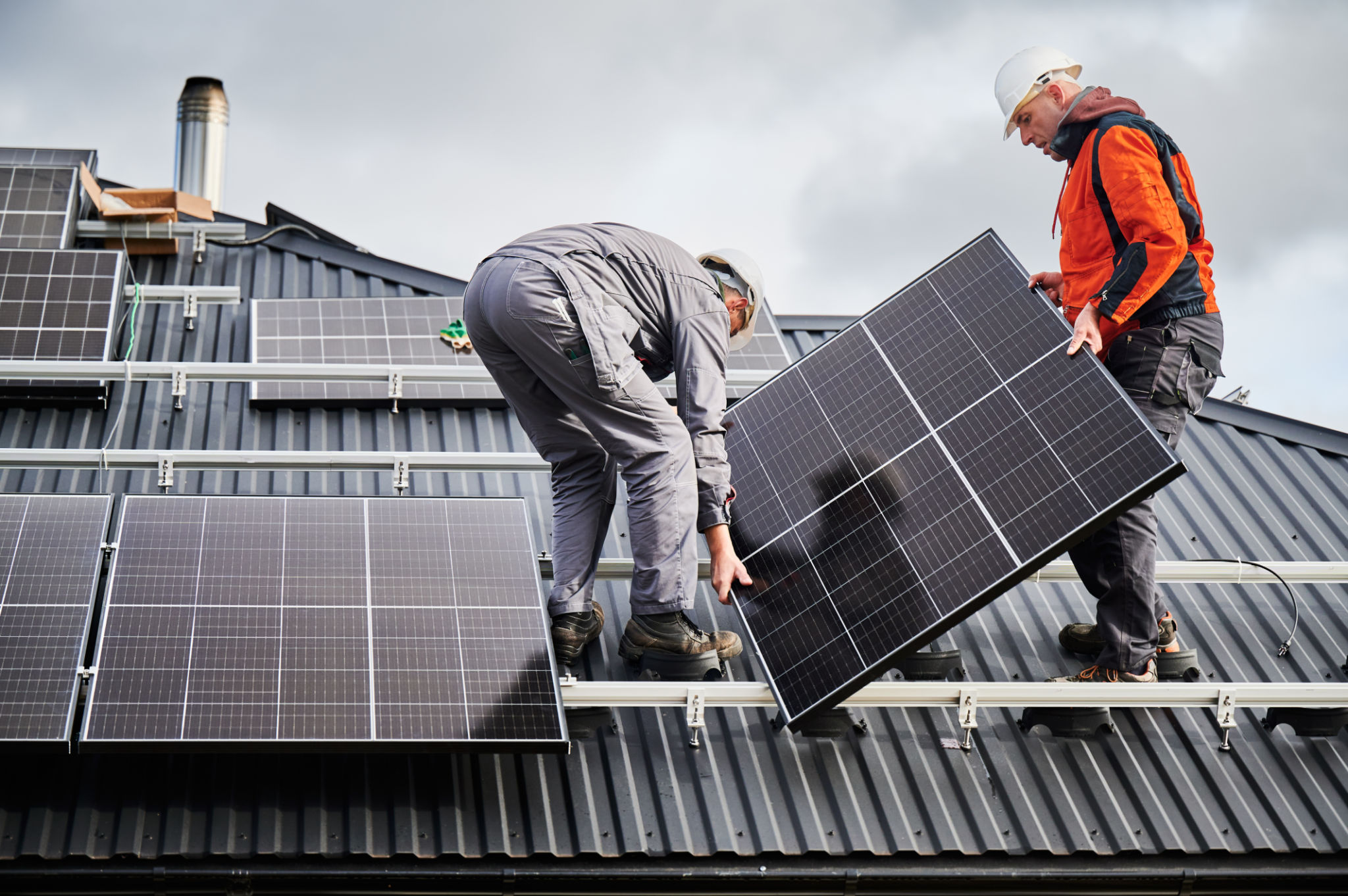Choosing the Right Solar Panel Suppliers: A Comparative Analysis
Understanding the Importance of Choosing the Right Supplier
As solar energy gains traction as a sustainable and cost-effective option, the market is flooded with numerous suppliers. Choosing the right solar panel supplier is crucial for ensuring optimal performance and long-term reliability. A poor choice might lead to inefficiencies, higher maintenance costs, or even system failures.
In this guide, we'll conduct a comparative analysis of critical factors to consider when selecting a solar panel supplier. By understanding these elements, you can make an informed decision that aligns with your energy needs and budget.

Assessing Product Quality
One of the primary considerations when selecting a solar panel supplier is the quality of their products. High-quality solar panels usually offer greater efficiency and durability. Look for suppliers who provide panels with a high efficiency rate, typically above 17%. Additionally, check for certifications like IEC and UL, which ensure the panels meet international safety and performance standards.
Conducting thorough research on the supplier’s track record and customer reviews can offer insights into product quality. Reliable suppliers often have a history of positive feedback and demonstrate transparency in sharing performance data.
Evaluating Warranty and Support
The warranty offered by a supplier is a strong indicator of their confidence in their products. Most reputable suppliers offer warranties ranging from 10 to 25 years. Ensure you understand the terms and conditions of both the product and performance warranties. It's also essential to evaluate the customer support services provided by the supplier, as efficient after-sales support can significantly impact your experience.

Analyzing Cost and Financing Options
While cost is an important factor, it should not be the sole criterion for choosing a solar panel supplier. It's crucial to balance cost with quality and reliability. Some suppliers may offer low upfront prices but compromise on quality, leading to higher costs in the long run due to repairs or replacements.
Explore the financing options available, such as leasing and Power Purchase Agreements (PPAs), which can make solar energy more accessible. A good supplier will provide transparent pricing and help you understand the long-term financial implications of your purchase.
Reviewing Supplier Reputation and Experience
A supplier’s reputation in the industry can provide valuable insights into their reliability. Established suppliers with years of experience are often more dependable as they have a proven track record. Consider suppliers who are recognized for innovation and consistent quality in the solar industry.

Engaging with industry experts, attending renewable energy conferences, or joining online forums can help you gather recommendations and experiences shared by other users. This peer feedback can be invaluable in making your final decision.
Considering Local vs. International Suppliers
Another factor to consider is whether to choose a local or international supplier. Local suppliers might offer quicker installation and service response times due to proximity. They may also be more familiar with local regulations and incentives, which can be beneficial.
On the other hand, international suppliers often have broader experience with diverse technologies and innovations. Weighing these pros and cons according to your specific needs can guide you towards the right choice.
Conclusion: Making an Informed Decision
Ultimately, choosing the right solar panel supplier requires careful consideration of multiple factors including product quality, warranty terms, cost, reputation, and geographical location. By conducting a thorough comparative analysis as outlined above, you can ensure that your investment in solar energy is both sustainable and economically sound.

